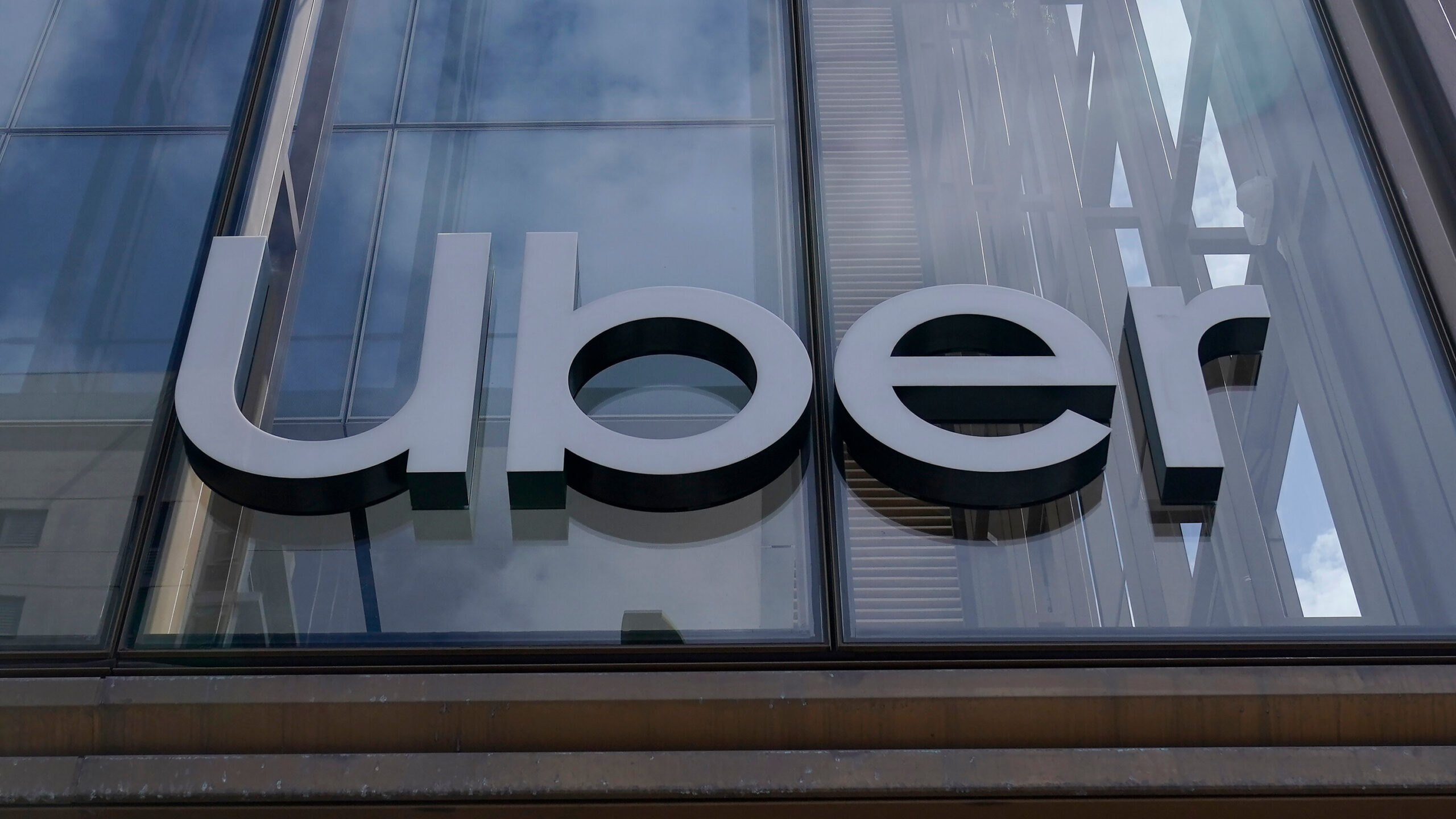New York — In a recent ruling that could set a controversial precedent, a married couple from New Jersey, who were severely injured in an Uber crash, have been barred from suing the ride-sharing giant. The case hinges on an arbitration clause embedded within the terms of service they unknowingly agreed to when placing an Uber Eats order. John and Georgia McGinty, who sustained life-altering injuries in a 2022 Uber accident, were dealt a legal blow after the appellate court ruled that the arbitration agreement, accepted during a food delivery order, also applied to Uber’s ride-hailing services.
The accident, which occurred in March 2022, saw the Uber vehicle in which the McGintys were passengers run a red light and get struck by another car. According to court filings, the collision resulted in “serious physical, psychological, and financial damages.” Georgia suffered multiple fractures, including injuries to her cervical and lumbar spine, ribs, and other critical areas, requiring surgeries and extensive rehabilitation. John’s injuries included a fractured sternum and long-term impairment of his left wrist, limiting his daily activities.
Despite the severity of their injuries, the couple’s legal battle has taken a complicated turn. Their initial lawsuit against Uber, seeking a jury trial, has been thwarted by Uber’s arbitration clause—terms the McGintys argue were accepted under dubious circumstances. The couple maintains that it was their daughter, using Georgia’s phone, who clicked to accept the terms while ordering food via Uber Eats. Nonetheless, the court ruled the agreement, which mandates binding arbitration for disputes, including those involving personal injuries, is valid and enforceable.
Uber has remained firm in its defense. A company spokesperson told CNN that Georgia McGinty agreed to the terms of service, including the arbitration clause, on multiple occasions, including in early 2021. According to Uber, the McGintys took several rides following their acceptance of these terms, further solidifying the company’s stance.
The appellate court’s ruling in September overturned an earlier lower court decision, which had found Uber’s arbitration clause unenforceable due to the lack of clear communication. The pop-up window displaying the terms, the lower court argued, did not effectively inform Georgia of her waiver of rights to pursue claims in court. However, the appellate judges sided with Uber, asserting that the terms were indeed clear and legally binding.
In a statement to CNN, the McGintys expressed their dismay at the ruling, saying they were “surprised and heartbroken” by the court’s decision, which they believe exacerbates their ongoing pain and suffering. “We are horrified at what the court’s decision suggests: A large corporation like Uber can avoid being sued in a court of law by injured consumers because of contractual language buried in a dozen-page-long user agreement,” the couple said.
Their attorneys are now considering an appeal to the New Jersey Supreme Court, as they argue that the arbitration clause should not apply to their case given the nature of the accident and the unrelated Uber Eats order.
A Growing Controversy Over Arbitration Clauses
The McGintys’ case has brought renewed scrutiny to the issue of arbitration clauses, which have been increasingly embedded in the terms of service agreements across a wide range of industries. Critics argue that these clauses unfairly shield corporations from accountability by keeping disputes out of public courts and pushing them into private arbitration, which many consumers find less favorable.
A similar case involving Disney made headlines in August, when the company sought to enforce an arbitration clause in a wrongful death lawsuit brought by the widower of a woman who died after suffering an allergic reaction at one of their restaurants. Disney’s attempt to shift the dispute to arbitration was met with public backlash, prompting the company to reverse its stance. Disney later acknowledged the “unique circumstances” of the case and allowed the lawsuit to proceed in court. As companies increasingly rely on such clauses to limit their legal exposure, the debate over their fairness continues to grow. For the McGintys, however, the legal battle is far from over, as they seek to challenge a system that they believe has left them without justice.







